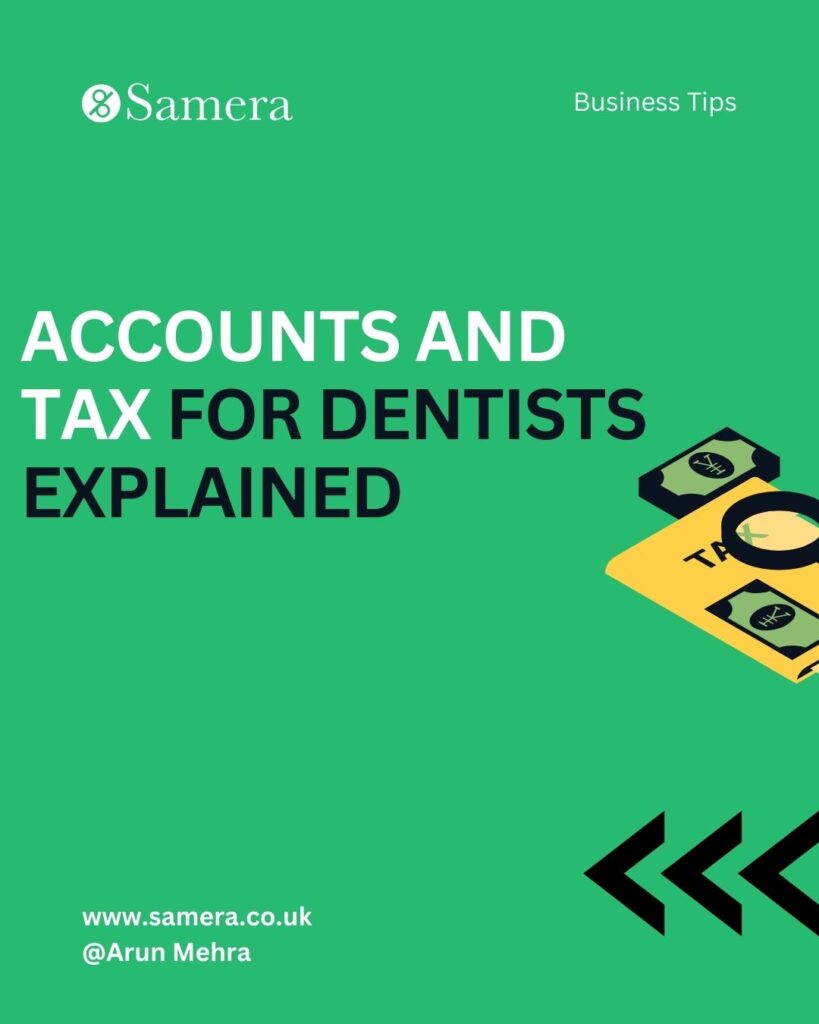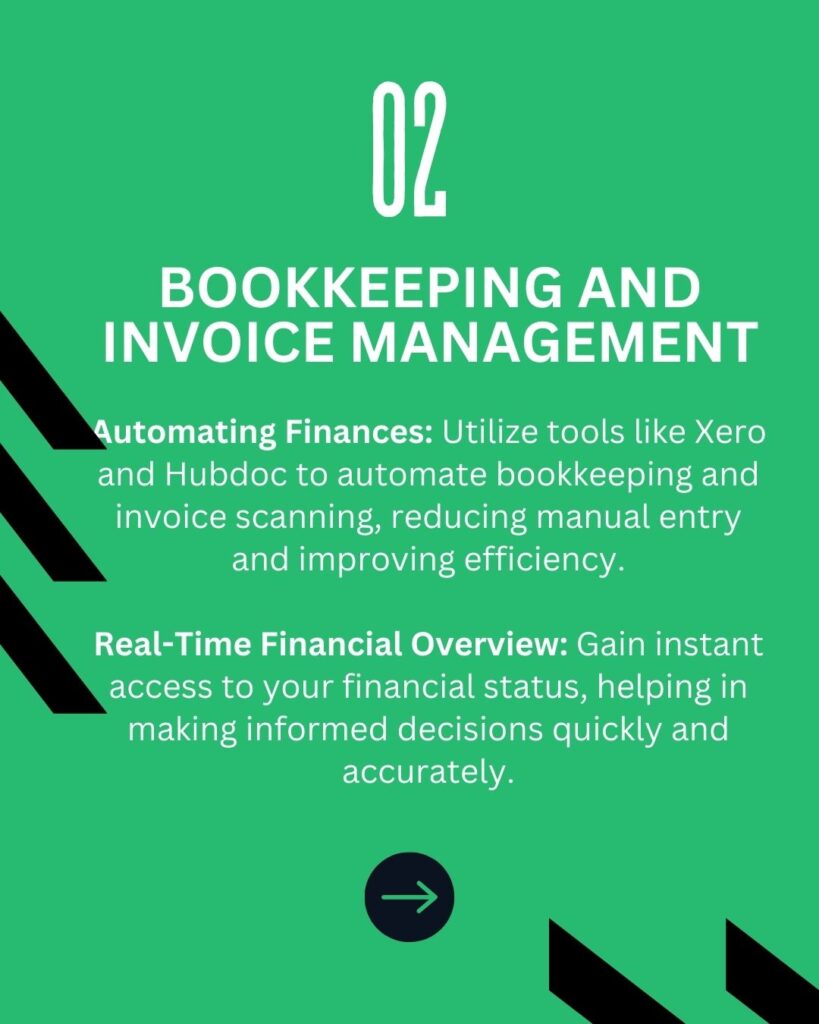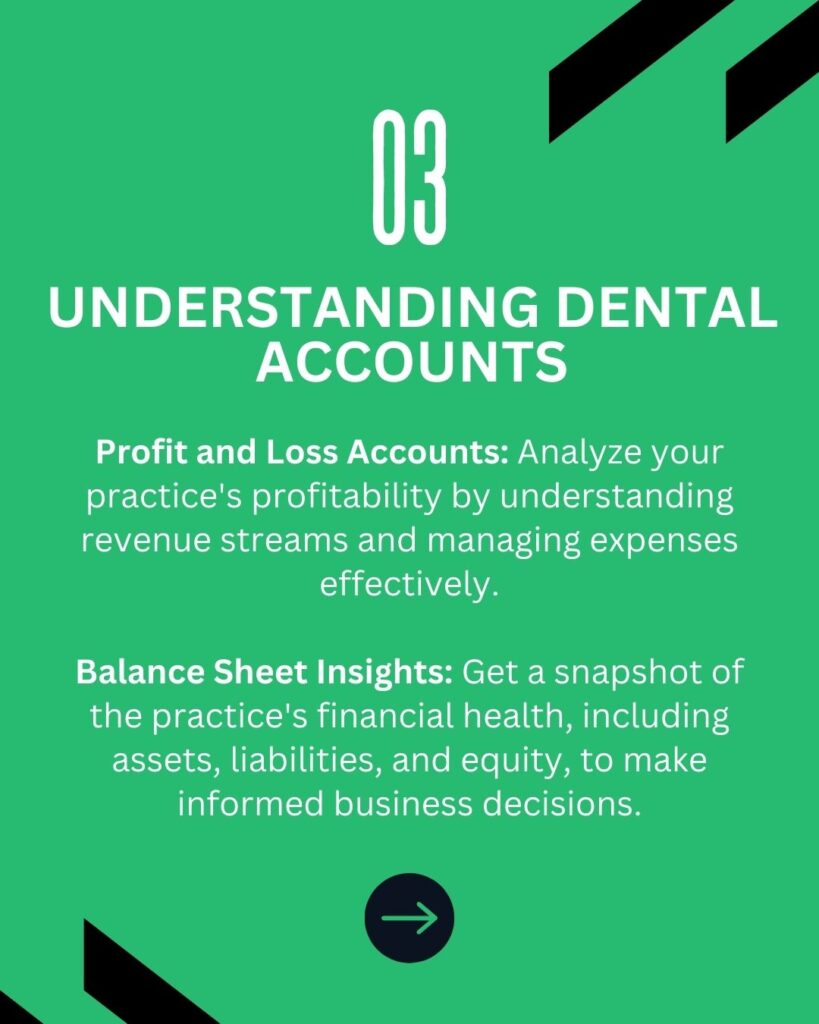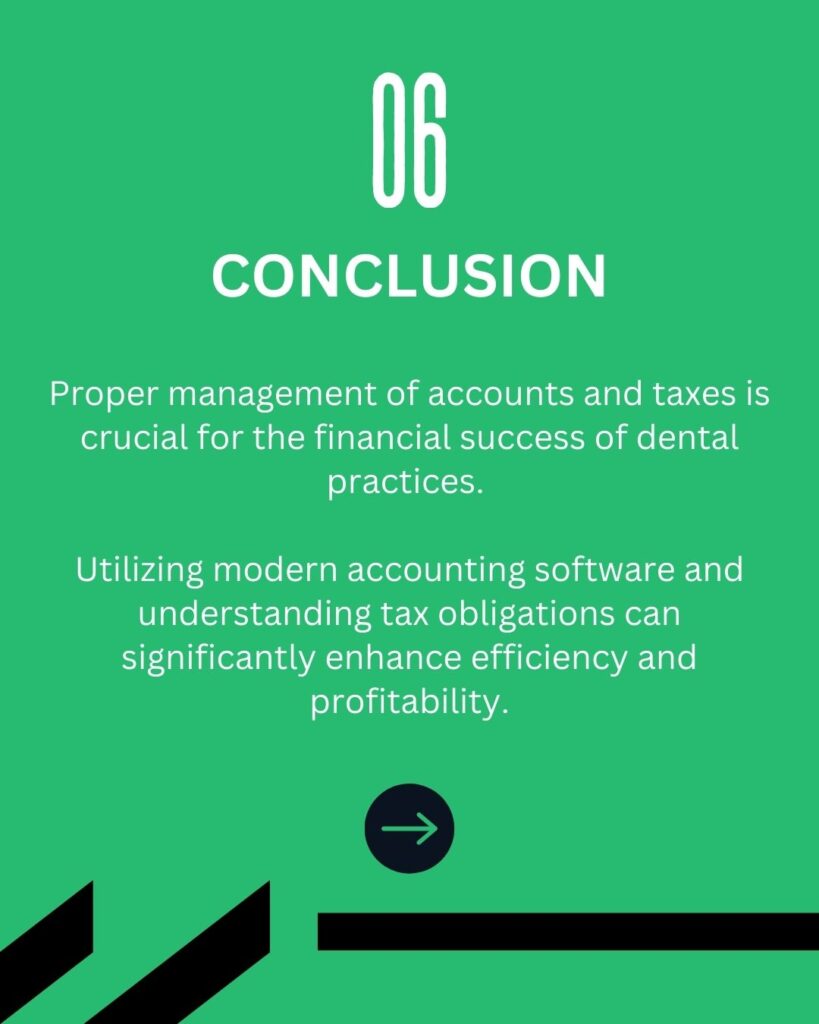Keeping your dental practice’s accounts organized and up-to-date isn’t always easy. It’s certainly rarely ever fun, but it is one of the most important aspects of being a dentist or practice owner.
A well-kept set of accounts not only helps manage your cash flow and lower your tax bill, they will also be crucial whenever it comes to raising finance for your business.
After 20 years of experience working with dental practices and through owning dental practices myself, it is evident that across the entire industry, many practices are using out-of-date procedures and technology to run their dental practice finances & accounting.
The days of handwriting ledgers, updating cumbersome spreadsheets, and sending boxes of invoices to your accountant at the last minute before the looming submission deadlines, fortunately no longer exist!
The last few years have seen a revolution in the accountancy world. The technology has evolved to the point that much of the sending and processing of invoices can be done with simple technology systems.
Going digital with your accounts doesn’t just mean an end to endless paperwork. It also reduces the amount of manpower required to process accounts, both in the dental practice and in the accountancy office, saving both you and your accountant time, effort, and money!







The Importance of Cloud Accounting Software
One thing we often see in common between poorly run practices is that they have yet to embrace digital accounting and cloud software. Some practices are still relying on paper records for their accounts. Paper records are on their way out and digital accounts are the future.
We have seen many cases of missed opportunities to save tax or improve the profits of a practice. Or at best, the benefits are achieved 6 –12 months too late due to historic accounts reporting.
Typically (and back in the day) there would be a one-off meeting with your accountant after your year-end to go through the historical figures and discuss ways to improve going forward.
The problem with this is the word “historic”. By the time your accounts are finalized and you’re sitting down with your accountant, it’s often 6 months after the year-end, meaning some of the data you’re analyzing could be 18 months old!
Real-time accounting is important because it brings so many benefits to a small business. It’s easier, simpler, faster, cheaper. In short, it’s just better.
Click here to find out more about our dental accountant services.
Benefits of Cloud Accounting Software for Dentists
By having everything available on the cloud, what you see on the cloud is also what your accountant sees too, allowing your accountant to see real-time information on your practice’s (or your personal) expenses, finances and accounts.
Most accountants will be able to provide advice on tactics and strategies to improve your practices finances, and this is far easier with a clear, instant view of your accounts.
Sharing your accounts and finances digitally with your accountant allows them a much clearer picture of the financial health of your business, which in turn helps you to collaborate more effectively with either them or any other financial advisors.
With constant updates and real-time data, you and your accountant will be able to analyse trends, manage cash flow and identify potential issues far earlier than with old-fashioned hardcopy accounts.
The technology allows you to collaborate and work together to improve the value of your dental practice performance easier than ever before.
You can use cloud-based software from any device with an internet connection. Online accounting means small business owners stay connected to their data and their accountants. The software can integrate with a whole ecosystem of add-ons. It’s scalable, cost effective and easy to use.
Anyone in your business that needs it can have access at any time. You can restrict and retain far more control over who has access to your personal information.
Click here to read more about our financial director services.
Monitoring and improving key performance areas
Software packages such as Xero allow you to automatically run a variety of financial reports for you to analyse over a whole variety of time periods.
For instance, most cloud accounting software packages allow you to run reports such as Profit and Loss, Balance Sheets and Cashflow Reports. You can also create your own templates for reports so that you can see the exact data and trends you want.
These reports make it far easier to keep track of your accounts and finances by doing a lot of the leg-work for you. Instead of wasting your time and effort poring over an entire month’s invoices to spot trends, simply run your favourite saved report and see the data instantly.
We advise clients to run such reports at least quarterly so they can assess and routinely judge and keep up with the performance of their dental practice.
This used to be an area that only large businesses with internal accounting teams could tap into. Nowadays, however, with the help of real-time accounting, any sized business can have access to this data to monitor and improve their practice performance.
If you want to make good decisions, you need to base those decisions on good and timely information. Without such information, changes that you make in your business will be more like wild guesses than informed decisions.
Knowing and understanding the key numbers in your business helps you and your advisors to spot trends and take appropriate action to improve your business’s performance. Your accountant can then spend time really adding value to your business, providing you with better advice and alerting you when things go wrong.
Click here to find out more about How Should a Dental Practice Organise its Finances.
Save money in your dental practice with cloud accounting
We had a client who was paying £450 a month for 3 days of bookkeeping (using manual keystrokes and traditional software). With the implementation of Xero (our preferred Cloud Accounting platform), this was reduced to half of that for a day, saving £4,500 for the year.
The point here is, there is amazing technology available to automate the majority of this necessary evil work. If you are not utilising this, you are basically throwing your money away.
In order to have a business that is operating to its best potential, accounting information needs to be in real-time and your accountant should be able to access this at any point. Not 6-18 months after the event, when it is often too late.
We saw another client recently who saved a whopping £200,000 in tax, simply through having up-to-date information that we had access to!
Watch our talk on saving time, money and tax in a dental practice.
Work smarter with accessible data in the cloud
The beauty of this software is the flexibility it gives you to run your business from work, home, or on the go. You can be confident that you have an up-to-date picture of how your business is doing, no matter where you are.
Software updates can be developed and delivered faster and more easily in the cloud. This means you don’t need to worry about installing the latest version and you’ll get access to new features instantly. With cloud accounting software, you have the option to run your business remotely, from anywhere in the world. And when data is fluid and accessible, the possibilities are endless.
Make quality decisions
With the technology available to small businesses today, there is absolutely no excuse to be using out-of-date, old fashioned accounting systems. You could be running a far more efficient and profitable dental practice simply by doing digital with your accounts!
By switching to digital cloud accounting software, by using the online functionality to share and collaborate with your accountants and financial advisors and by using the automatically-generated reports, you can ensure that you make better, quicker, more informed decisions to continually improve the efficiency and profitability of your practice.
By looking at the performance detailed in the reports you can identify and interpret areas that need changing in your dental practice, whether it means cutting costs, increasing fees, or increasing marketing activity.
Understanding the management reports can only help you run a more efficient and successful dental practice.
Traditional software problems
Small business accounting software that’s not available via the cloud can be tedious.
Traditionally, it can suck up far too much of your business’s time and effort. This doesn’t add value, and takes the fun out of being in business. Cloud software can save your company time and money.
- The data in the system isn’t up-to-date and neither is the software. This means events such as changes in regulations cannot be reacted to in a timely manner and the benefits of adopting changes are 6-12 months delayed (or too late!).
- It only works on one computer and data bounces from place to place. For example, on a USB drive. This is not secure or reliable.
- Only one person has user access. Key people can’t access financial and customer details.
- It’s costly and complicated to keep backups (if done at all).
- It’s expensive, difficult and time consuming to upgrade the software.
- Customer support is expensive and slow
Security and Business Continuity
As a small business owner, you might be concerned about a cloud service provider storing your data. But the cloud is one of the most secure ways to store information. For example, using cloud software, if your laptop is stolen, no one can access your data unless they have a login to the online account. With cloud software, this is where the data lives –as opposed to on your hard drive.
In the event of a natural disaster or fire, being in the cloud means business productivity doesn’t need to be affected because there’s no downtime. All of your information is safely and securely stored off site. As long as you have access to any computer or mobile device connected to the internet, you’re back up and running.
In addition to this, if you invite users to view your data, you can control the level of access. This is much more secure than the old-fashioned way of emailing your files or sending out a USB stick with your data on it.
Cloud-based software companies ensure that the security and privacy of data about you and your organisation is always airtight. If you use online banking, then you’re already primed to use cloud accounting.
Click here to read our 10 cyber security tips for dentists.
Action Points
- Collaborate in real-time with your dental accountant via cloud-based accounting software to provide instant access to your financials.
- Use the software’s automatic reporting features, like Profit and Loss or Cash Flow reports, to regularly monitor your practice’s financial health.
- Save costs by automating bookkeeping tasks, reducing the need for manual entry and traditional bookkeeping services.
- Make informed business decisions based on up-to-date financial data and reports, identifying areas for improvement or cost reduction.
- Ensure data security and business continuity by using cloud-based software, which offers secure storage and access from any internet-connected device.
How to Use Cloud-Based Bookkeeping and Invoice-Scanning Software
The Samera Dental Accountants team are huge fans of using the latest cloud accountancy software. Samera is a Xero partner and can help implement the Xero software system into your practice. This will save you time, make the running of your business much more efficient, and at the same time provide very up to date information to you to help you make better decisions about your practice.
Introducing Xero into your practice will also save you money, and ensure at the end of the year you don’t have to send a box of papers to your dental accountant if it has all be book-kept by you through the year on Xero.
By introducing Xero into your Dental practice, both you and your Samera accountant can have access to the same data, enabling you to work together on growing and developing your practice.
With the software available to you today, there is no excuse to not be automating your finances in your dental practice. To do this, you need to make sure you are using cloud accounting software, like Xero. We use Xero to run our clients’ dental practice accounts and tax.
When you rely on paper records, you waste time and effort paying invoices, sending files and documents, missing key financial trends and a real-time analysis of your accounts.
Now, however, you can simply scan your invoices into software like Hubdoc. The key information is then extracted automatically and fed into Xero, which processes and prepares the accounts.
With your bank account securely connected to the process, your dental accountant can match off any payments that you make, any income that’s coming in, and reconcile the bank account quickly. All without waiting for paper records to be sent anywhere.
Instead of having to keep hardcopy records of all your invoices, receipts and documents, storing them and then shipping them off to your accountant when needed, all you need is a smartphone or scanner!
Simply take a photo of your receipts, invoices etc. via the cloud accounting app, or scan the documents with a scanner, and send them off via the app or email.
All your invoices are also stored in Xero too, so trying to find an old invoice is easy as they all reside in the Cloud, accessible 24/7 from anywhere with an internet connection.
Another benefit of digital accounts is that you can also make payments directly from your cloud accounting software like Xero. Instead of paying each individual invoice separately, which is time-consuming, you can tick all the invoices you want to pay and make one single payment to all suppliers you choose.
This means you can process and prepare your dental practice management accounts much quicker and easier, which means the annual accounts are easier and quicker to prepare. All of this can really help you spot cash flow problems sooner and organise your tax calculations and payments.
Simply put, when you automate your dental practice accounts and finances, you save yourself time, effort and money.
Action Points
- Adopt Xero cloud accounting software with Samera Dental Accountants’ support to streamline your dental practice’s bookkeeping, enabling real-time collaboration and financial management.
- Automate invoice processing with Hubdoc and Xero, connecting your bank account for efficient payment reconciliations and eliminating the need for physical financial records.
- Digitally store all receipts and invoices in Xero for easy access, and utilize its bulk payment features to manage supplier payments efficiently, saving time and enhancing cash flow.
How to Use Xero to Manage Your Associate Accounts and Tax Return
Automating Your Finances with Xero and Hubdoc
How to Understand Your Dental Accounts and Tax Calculations
Running your dental accounts can often feel like the most dreaded and tedious aspect of the job. In this guide, we’ve tried to make accounts for dentists a little more simple.
It can be easy to fall into the trap of thinking that only practice owners need to really worry about their accounts. As long as your tax bill is kept low and your money keeps moving, that’s all that matters right? Wrong. If you decide to start a dental practice of your own, or indeed if you ever try to raise a business loan, your dental accounts and financial records are going to be crucial.
You will most likely be able to produce a set of accounts without expert help. However, it is almost essential to engage a specialist dental accountant like Samera to go through your accounts with you, should you wish to raise finance.
Profit And Loss Accounts
Your profit and loss accounts will show your turnover for each of the last 2 years, usually generated by your service sales.
You will then list your cost of sales, such as materials.
Underneath this, you will need to list your expenditures. Here is a list of the kind of costs you will need to include here:
- Protective clothing
- Travel expenses
- Laundry
- Use of Private residence
- Vehicle running costs
- Professional indemnity insurance
- Printing, postage and stationery
- Training
- Telecommunications and data
- Accountancy fees
- Professional subscriptions
- Charitable donations
You will then subtract these expenses from your gross profit. This will give you your net profit for the year.
Balance Sheet
The balance sheet is also a key document and represents the financial health of your business. The profit and loss sheet shows you the financial situation for that year alone.
On the other hand, the balance sheet includes all of your assets and liabilities. Assets are split into current and fixed assets.
Typically for dental associate accounts, current assets will include your bank accounts and any money owed to you. Current assets are assets which can be expected to be sold or consumed within that fiscal year.
Fixed assets are tangible assets, such as loupes and their costs are included on the balance sheet and not the profit and loss sheet. This is because they are an asset of the business which you will theoretically use for many years, not as a one-off material within the fiscal year. The value will be depreciated across the period of its estimated useable life.
Liabilities are people or entities that you or the business owe money to.
Underneath your assets and liabilities, you need to list your Net Current Assets (subtract your total liabilities from your current assets), Total Assets Less Current Liabilities and Net Assets (current + fixed assets).
Balancing this all out is the Capital Account, which is where the accounts owner comes in. Here, you list your brought-forward profits from the previous year. You then list your new net profit for the year just ended. Then, off-setting all of that is what the owner has drawn for personal use, the money they’ve spent.
So, your brought-forward profits plus current year profits, minus drawings gives you your remaining cash reserves. This will also equal your assets minus liabilities (Net Assets).
In most cases, a financially healthy business will have a positive balance sheet.
Tax For Dentists Explained
Once you have properly organised your accounts, it’s time for the tax man to get involved.
On your tax calculation record, you’ll need to include your income received (before tax is taken off). This will typically include your profit from self-employment (as an associate dentist), which you calculated on the profit and loss sheet, as well as interest received from your bank accounts (even if it is only a couple of pounds). This gives the Total Income Received.
You then take away from this figure your pension contributions and your personal tax allowance. The remaining figure is your taxable profit.
You will then list out your tax payments categorised by the tax band you need to pay, how much at the basic rate, how much at the higher rate and any additional rate. You will also need to list any taxable interest payments you have received.
Also, you will need to report your National Insurance payments, which have different threshold bands. This will give you your total National Insurance liability.
Adding these figures (Income Tax Charged and National Insurance liabilities) together gives you your total income tax.
You should find that this figure is around 25% of your profit. This is why we recommend to our clients that they set aside 25% of their income to cover their tax bill.
Click here to find out more about our tax advisory services for dentists.
Paying The Tax
The next document you need to draw up will be the tax payment summary.
First, list your total tax payments due, which you calculated on the tax report. You will then minus any previous tax payments you have made for that year, as well as any deductions such as previous overpayments and rebates.
The resulting figure is the tax you currently owe for the financial year.
Remember, if your tax bill is over £1,000 you will need to make advance payments on next year’s tax bill, based on this year’s tax bill. You will be required to pay 50% of the total tax due in January and the remaining 50% in July.
So, your total tax bill due on 31st January will be the tax you currently owe, plus your first advance payment on next year’s tax.
Click here to listen to our podcast on how to legitimately reduce your tax bill.
What Dentists Can Claim On Expenses
As a dentist you can only claim on expenses items which have been purchased for business purposes, the items you use for dentistry.
While you may be tempted to try and put everything through the books, this can quite often end you up in trouble with HMRC. That’s why the Samera team have put together a Dental Associates Expenses Guide.
So when it comes to preparing your annual tax return, a degree of good judgement needs to be used to assess whether something is allowable for tax purposes.
Travel from home to practice is a big no no, however, if you travel between practices on a regular basis and keep records to support such journey costs, then this is allowable for tax purposes. Mileage records must be maintained – HMRC just love to investigate such mileage claims and then find that there are not any!
If you use a computer for your business, then some or even all of the capital cost could be claimed on your behalf.
New loupes, or other new kit? Then potentially this can also be claimed for.
Good Judgement is Essential
In respect of training, if you are building on existing knowledge, then this is usually deemed to provide you with CPD, which can then be claimed for. However, brand new knowledge is usually not deemed to be allowable, so again some judgement needs to be used on this aspect.
Action Points
- Engage a specialist dental accountant like Samera to navigate your dental accounts effectively, especially if you’re considering raising finances or starting your own practice.
- Understand and regularly review your Profit and Loss accounts and Balance Sheet to grasp the financial health of your practice, including turnover, costs, net profit, assets, and liabilities.
- Organize your tax calculations meticulously, incorporating income, pension contributions, personal allowances, tax bands, and National Insurance payments to accurately determine your tax liability.
- Set aside approximately 25% of your income to cover your tax bill and be prepared for advance tax payments if your bill exceeds £1,000, splitting the payment into two installments in January and July.
- Utilize the Samera team’s Dental Associates Expenses Guide to accurately claim allowable business expenses and apply good judgment to distinguish between allowable and non-allowable expenses for tax purposes.
Click here to read our guide on expenses for dentists.
Reviewed By:
Arun Mehra
Samera CEO
Arun, CEO of Samera, is an experienced accountant and dental practice owner. He specialises in accountancy, financial directorship, squat practices and practice management.
Accounts and Tax for Dentists FAQs
What tax obligations do dentists have?
Dentists have several tax obligations, including paying income tax on their earnings, National Insurance contributions, and potentially VAT if their practice meets the threshold. They must also file annual self-assessment tax returns, maintain accurate financial records, and comply with HMRC deadlines. Dentists running their own practice may need to manage payroll taxes for employees and handle corporation tax if their practice is incorporated.
How do I manage my dental practice accounts effectively?
To manage your dental practice accounts effectively, keep detailed and organized financial records, including income, expenses, and receipts. Utilize accounting software tailored to healthcare professionals to streamline bookkeeping, invoicing, and tax preparation. Regularly review financial statements to monitor cash flow and profitability. It’s also advisable to work with an accountant experienced in the dental industry to ensure compliance with tax regulations and optimize financial management.
What business expenses can I claim as a dentist?
As a dentist, you can claim a variety of business expenses to reduce your taxable income. These include costs for dental equipment and tools, professional fees (such as indemnity insurance and memberships), staff salaries, office supplies, marketing expenses, and utilities. If you use a vehicle for business purposes, related expenses like fuel and maintenance can also be claimed. Additionally, training courses and continuing professional development (CPD) are deductible.
How should I handle self-assessment tax returns?
To handle self-assessment tax returns as a dentist, start by gathering all relevant financial records, including income, expenses, and any other taxable earnings. Use HMRC’s online service to file your return or consult an accountant for accuracy. Ensure you claim all allowable expenses to reduce your tax liability. Keep track of deadlines to avoid penalties and consider making payments on account if your tax liability exceeds a certain threshold.
What are the key tax deadlines for dentists?
Key tax deadlines for dentists include:
- 31st January: Deadline for submitting online Self Assessment tax returns and paying any tax owed for the previous tax year.
- 31st July: Deadline for the second payment on account if applicable.
- 5th October: Deadline to register for Self Assessment if you’re newly self-employed.
- 6th April: Start of the new tax year.
How can I reduce my tax liability as a dentist?
To reduce your tax liability as a dentist, you can:
- Claim all allowable business expenses, such as dental equipment, professional fees, and staff salaries.
- Take advantage of tax-efficient pension contributions.
- Consider incorporation if it suits your practice, as this can offer tax benefits.
- Use capital allowances to deduct the cost of significant assets like dental equipment.
- Plan for charitable donations, which can reduce taxable income.
What records should I keep for tax purposes?
For tax purposes, dentists should keep records of all income and expenses, including invoices, receipts, bank statements, and payroll records. Documentation of business-related purchases, such as dental equipment, professional fees, and office supplies, is essential. Keep records of any tax payments made, such as PAYE for employees and VAT if applicable. Accurate records should be maintained for at least six years to comply with HMRC requirements.
How do VAT rules apply to dental practices?
VAT rules generally do not apply to most dental services, as they are exempt from VAT. However, dental practices may still need to register for VAT if they offer non-exempt goods or services, such as cosmetic treatments or selling products like toothbrushes. If your practice meets the VAT registration threshold, you must register and charge VAT on applicable services while also being able to reclaim VAT on related business expenses.
What is the best way to pay myself as a dental practice owner?
As a dental practice owner, the best way to pay yourself depends on your business structure. If you’re a sole trader, you can simply withdraw profits, but you’ll pay income tax and National Insurance on these earnings. If your practice is incorporated as a limited company, a tax-efficient approach is to take a combination of a modest salary and dividends, which are taxed at a lower rate than income. Consult an accountant to determine the optimal strategy based on your specific circumstances.
Can I claim tax relief on dental equipment?
Yes, you can claim tax relief on dental equipment by using capital allowances. These allowances let you deduct the cost of equipment, such as dental chairs and X-ray machines, from your taxable profits, reducing your overall tax bill. Depending on the type of equipment, you may be able to claim the full cost in the year of purchase through the Annual Investment Allowance (AIA) or spread the cost over several years.
How does incorporation affect my tax as a dentist?
Incorporating your dental practice as a limited company can provide tax benefits, such as paying yourself through a combination of salary and dividends, which can be more tax-efficient than being taxed solely on profits as a sole trader. However, incorporation also brings additional responsibilities, like corporation tax, payroll for employees, and filing annual accounts. It’s important to weigh the potential tax savings against the administrative burden.
What are the implications of hiring staff for my dental practice?
Hiring staff for your dental practice brings tax and legal responsibilities. You’ll need to register as an employer with HMRC, manage payroll, and deduct income tax and National Insurance through PAYE. You’ll also be responsible for employer’s National Insurance contributions and offering workplace pensions. Accurate record-keeping and compliance with employment laws are essential to avoid penalties and ensure smooth operation.
What is the importance of keeping accurate financial records?
Keeping accurate financial records is crucial for several reasons. It ensures compliance with tax laws, helps you monitor the financial health of your practice, and provides the necessary documentation for claiming tax relief on allowable expenses. Proper records also support informed decision-making, help in preparing financial statements, and protect against potential audits or disputes with HMRC. Without accurate records, you risk penalties, overpaying taxes, and financial mismanagement.
How do I choose an accountant for my dental practice?
To choose an accountant for your dental practice, look for someone with experience in the dental industry, as they’ll understand specific tax rules and financial challenges. Check their qualifications and ensure they’re registered with a professional body, like ACCA or ICAEW. Consider their familiarity with dental practice management software and ask for references from other dentists. It’s also important to find an accountant who offers clear communication and tailored advice for your practice’s needs.
What happens if I miss a tax deadline?
If you miss a tax deadline, HMRC may impose penalties and interest on the amount due. The penalties can increase the longer the payment or submission is overdue. For example, missing the Self Assessment deadline can result in an initial £100 fine, with additional charges if the delay continues. It’s crucial to act quickly to minimize these penalties by submitting the required documents and payments as soon as possible.
Are there specific tax considerations for associate dentists?
Yes, associate dentists have specific tax considerations. They are often treated as self-employed, meaning they need to manage their own tax payments, including income tax through Self Assessment and National Insurance contributions. Associates can claim business expenses like professional fees, travel, and equipment costs. It’s crucial to maintain accurate records and understand the nuances of self-employment tax obligations to avoid issues with HMRC.
How do pension contributions affect my tax as a dentist?
Pension contributions reduce your taxable income as a dentist, leading to tax savings. Contributions made to a registered pension scheme are eligible for tax relief at your highest rate of income tax, which can significantly lower your overall tax bill. For example, if you’re a higher-rate taxpayer, contributing to a pension can reduce the amount of income taxed at 40%. This makes pensions an effective tool for tax planning and long-term savings.
Can I claim home office expenses if I work from home?
Yes, you can claim home office expenses if you work from home as a dentist. This includes a portion of household expenses like utilities, rent, or mortgage interest, based on the space used for business and the time you spend working there. These deductions can help reduce your taxable income. It’s important to keep detailed records to justify your claims.
What are the benefits of using accounting software?
Using accounting software offers several benefits for dentists, including streamlined financial management, automated bookkeeping, and easy tracking of income and expenses. It simplifies tax preparation by generating financial reports, helps ensure compliance with tax regulations, and reduces the risk of errors. Additionally, it can save time, improve accuracy, and provide insights into the financial health of your practice, allowing for better decision-making.
How do I handle tax if I own multiple dental practices?
If you own multiple dental practices, handling tax can become more complex. You’ll need to manage separate accounts for each practice, ensure all income and expenses are accurately reported, and determine if it’s beneficial to structure them under one limited company or multiple entities. Tax planning becomes crucial, particularly in optimizing corporation tax, VAT registration, and employee payroll across the practices. Consulting an accountant with experience in multi-practice management is advisable to navigate these challenges effectively.
Dental Accounts & Tax Specialists
As dental practice owners ourselves, we know what makes a clinic tick. We have been working with dentists for over 20 years to help manage their accounts and tax.
Whether you’re a dental associate, run your own practice or own a dental group and are looking to save time, money and effort on your accounts and tax then we want to hear from you. Our digital platform takes the hassle and the paperwork out of accounts.
To find out more about how you can save time, money and effort on your accounts and tax when you automate your finances with Samera, book a free consultation with one of our accounting team today.
Dental Accounts & Tax: Further Information
Make sure you never miss any of our articles, webinars, videos or events by following us on Facebook, LinkedIn, YouTube and Instagram.




